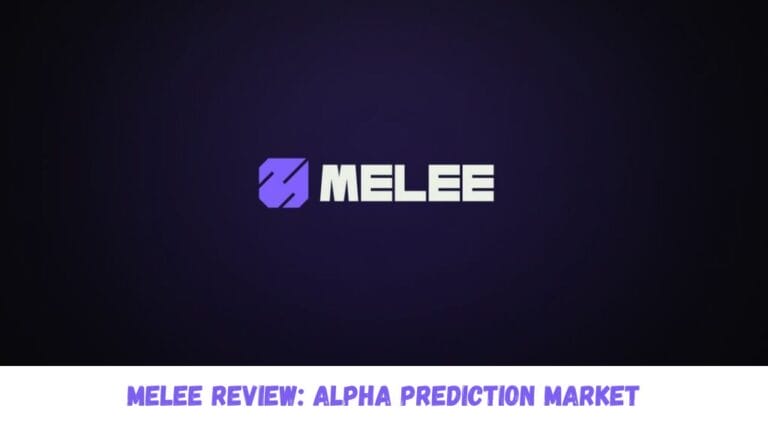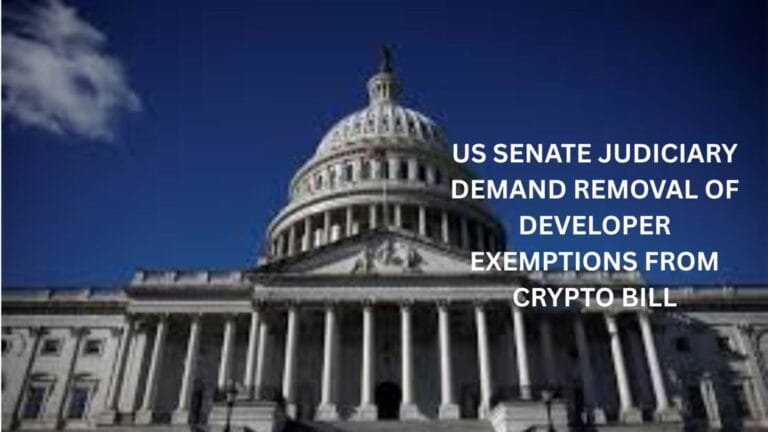Key takeaways:
- The FSB has developed a global regulatory framework for cryptocurrency.
- According to the FSB, cryptocurrency platforms must clearly distinguish between their own finances and their clients’ digital assets.
The Financial Stability Board (FSB), an international organization that keeps track of the world’s financial system, has developed a global regulatory framework for cryptocurrency.
The G-20’s recommended policies are based on the tenet of the same activity, same risk, and same regulation.
On July 17, a public letter and two distinct guidelines documents were available. The document contains two sets of proposals: “revised high-level recommendations” for a “global stablecoin” and “high-level recommendations” for regulating cryptocurrencies generally. The latter simply refers to any stablecoin that can be used in many jurisdictions.
According to the FSB, cryptocurrency platforms must clearly distinguish between their own finances and their clients’ digital assets to avoid any potential conflicts of interest, and authorities must maintain close international coordination to prevent platforms from evading scrutiny.
The Board is also very forthright about its respect for privacy, as evidenced by its request that local regulators ensure that there is no action that “may frustrate the identification of the responsible entity or affiliated entities,” specifically referencing the decentralized finance (DeFi) protocols. The high-level advice number 6 reads as follows:
“Authorities should have access to the data as necessary and appropriate to fulfill their regulatory, supervisory and oversight mandates.”
Concerning so-called global stablecoins, among other requirements, the FSB emphasizes that any stablecoin issuer should have one or more recognizable and accountable legal companies or individuals – a “governance body.” Moreover, the issuer must keep reserve assets in a minimum ratio of 1:1 unless it is “subject to adequate prudential requirements” that are comparable to those of commercial banks.
However, the prospective need for “global stablecoin” issuers to get a license to operate in each distinct state is something new. Words from the guidelines:
“Authorities should not permit the operation of a GSC arrangement in their jurisdiction unless the GSC arrangement meets all of their jurisdiction’s regulatory, supervisory, and oversight requirements, including affirmative approval.”
By the end of 2025, the FSB will assess how well its suggestions have been implemented globally. It will give a joint report to the G20 in September 2023, along with the International Monetary Fund (IMF), on the current policies and regulatory challenges.
On July 7, the BIS also unveiled “Project Polaris,” a framework for defending Central Bank Digital Currency (CBDCs) from cybersecurity threats. The strategy concentrates on Distributed Ledger Technology and smart contract technology flaws.










